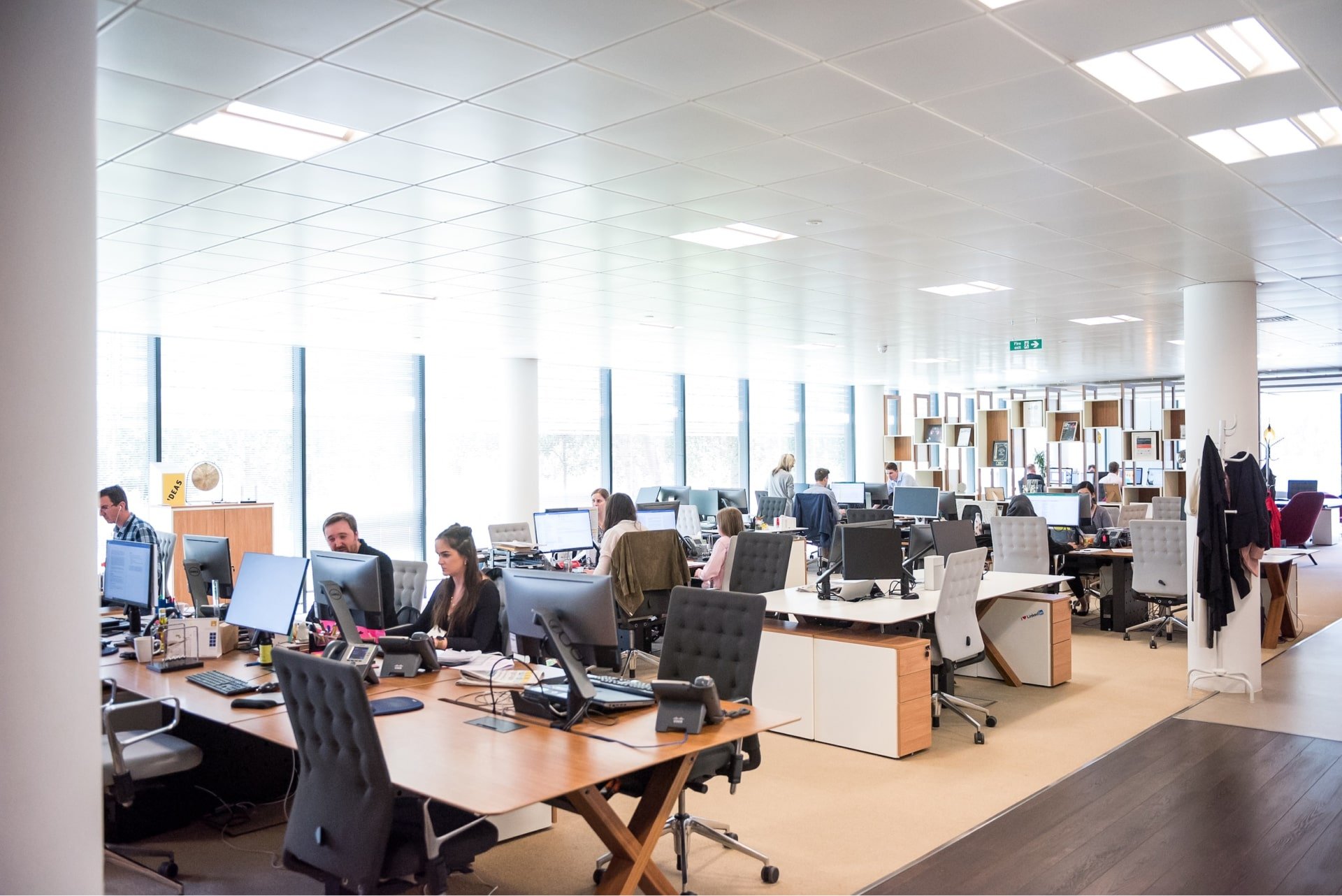
INSIGHTS
Stay informed, inspired, and resourceful with the latest resourcing and technology developments and trends.
Stuart Houghton, CEO and Founder of BrightBox Group recognised among the UK’s Top 50 Most Ambitious Business Leaders for 2023
Stuart Houghton, CEO and Founder of BrightBox Group has been named one of The LDC Top 50 Most Ambitious Business Leaders for 2023.
BrightBox Group Achieves Gold EcoVadis Rating, Demonstrating Commitment to Sustainable Practices
BrightBox Group earns Gold EcoVadis rating, ranking in the top 5% globally for sustainability and CSR.
Virtual Benches: The Next-Gen Solution in Tech Resourcing
Virtual Benches represent the future of tech resourcing. With a proactive approach, they provide businesses with the agility, quality, and efficiency required in today's dynamic tech landscape.
BrightBox Group Shortlisted for Barclays Entrepreneur Awards 2023
BrightBox Group proudly announces its nomination as a finalist in the Scale-Up category at the Barclays Entrepreneur Awards 2023. Discover the significance of this accolade and what it means for UK's innovative businesses.
Bridging Resourcing Gaps With Fractional Nearshore Resource Solutions
BrightBox's Fractional Nearshore Resource enables flexible, part-time tech hiring, bridging resourcing gaps and ensuring scalability.
Mastering Remote Tech Team Communication
Master remote tech team communication with effective strategies, enhancing productivity and overcoming remote work complexities.
Effective Strategies for Managing Remote Tech Teams
Strategic insights for communication, culture-building and managing remote tech teams.
Technology Resourcing Trends to Watch
Unpack the emerging technology resourcing trends defining the future of the tech industry in our latest article.
10th Fastest-Growing Tech Company in the North
BrightBox earns a prestigious spot in the Northern Tech Awards 2023, named 10th fastest-growing tech company in the North.
BrightBox & Markel Direct: Business Insurance
BrightBox Group collaborates with Markel Direct, providing business insurance solutions for technology services professionals.
BrightBox Launches Fractional Nearshore Resource Service
Fractional Nearshore Resource: Flexible, part-time tech resources to adapt to evolving business needs.
Innovative Resourcing: Addressing the UK Tech Talent Shortage in 2023
Navigate the UK tech talent shortage with innovative strategies for future-focused, resilient growth in 2023.
The Future of Onshore, Nearshore, Offshore Tech Resourcing
Explore the future of tech staff resourcing: understanding onshore, nearshore, and offshore resourcing.
Fintech Scale-Ups: How to Master Resource Planning
Achieve scale-up success with strategic resource planning, effective leadership, and a solid growth strategy.
Navigating Tech Resource Challenges for Fintech Startups
Navigate Fintech resource challenges with our expert strategies, transforming obstacles into opportunities for growth.
Bronze Sustainability Rating from EcoVadis
Bronze sustainability rating from EcoVadis, reflecting its commitment to the environment and corporate ethics.
BrightBox eyes expansion after a strong period of growth
CEO Stuart Houghton discusses BrightBox's growth targets and expansion opportunities in Insider Media and Business Cloud.
The Power of Friendship in the Global Tech Environment
Friendship in the global tech realm boosts productivity, fosters trust, and propels sustainable business growth.
Work-Life Balance in the Digital Era: Generational Perspectives
Work-life balance tech varies across generations, reshaping business adaptations in the digital era's post-pandemic world.
Resourcing Bias in Tech: Past Lessons and Future Outlook
Unearth Resourcing bias in tech, its legacy, global impact, and the strides towards inclusivity.





















